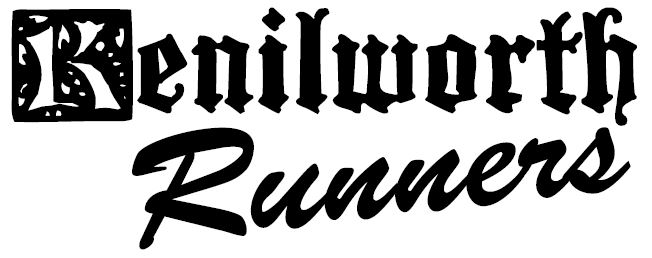In brief…
Each runner has their own ‘performance index’ which represents their running performance, from this each runner is predicted a finish time for each club race. The target is to finish as close as possible to, and preferably ahead of this predicted time.
For each race the percentage difference between the runners’ actual time and predicted time is calculated, and runners are ranked accordingly. The runner who improves by the greatest percentage is ranked first, down to the runner who misses their target by the greatest percentage. Points are then awarded based on race position and the ‘performance index’ is re-calculated. Points are totalled over the course of the league to dictate the league & group winners.
Scoring…
In each race runners are ranked in order of the percentage difference between their predicted time, and their actual time. The race winner is the person who improves by the greatest percentage on their predicted time, or in the event that no runners achieve their predicted time the winner is the person who finishes nearest to their predicted time. 1st place is awarded 50 points, 2nd place receives 49 points, 3rd 48 points, and so on.
Runners may play their ‘joker’ in one race each league, which doubles their points for that race.
Additionally 5 bonus points will be awarded, for each race (either run or marshalled) over 6 in a series.
The Joker…
Runners may opt to play their Joker for a club league race by informing the Marshal / Time Keeper that they wish to do so when registering their entry and collecting their number.
Runners must declare they wish to play their Joker before they run, and may not change their mind once the race has begun.
A Joker cannot be played on either of the first 2 league races.
A Joker cannot be played by someone marshalling or time-keeping that particular race.
A Joker will double a runners score for that race.
A Joker can only be played once per league – anyone who hasn’t played their Joker by the final race of the season will have their Joker played for them automatically on that final race (assuming they race).
Marshals…
Marshals / Timekeepers are nominated at the start of the league; if you are nominated then please do your best to support the club race league. If you’re unable to marshal then please arrange somebody to take you place and inform the race organiser. If you really are stuck, please contact the race organiser and the time-keeper so that something can be arranged to ensure the safe running of the event for its competitors.
Runners who marshal an event will be awarded 45 points for that race, it is rare that a runner will be required to marshal more than one race, but in the event that a second event is marshalled, this will be scored at 42 points.
Any subsequent races marshalled will score zero points, but will be eligible for the normal 5 bonus points for each race over 6, if applicable.
Awards & Grouping…
Runners are grouped into 3 different groups with reference to their performance index, these groups are labelled A, B and C. The A group is first to start, with the B group starting 5 minutes later, and the C group starting 5 minutes after the B’s. If you feel the group you are in is not appropriate to your current ability then you may choose to run with a different group – you MUST inform the time keeper of your intention to run with a different group to avoid errors in the race results. You may still be scored in the group you were originally placed in to maintain fairness and ensure runners do not change groups to increase their chances of an award at the end of the league.
At the end of the league awards are given to the overall league winner (the person scoring highest from all three groups), this person is then exempt from any further league awards. The highest scoring runner from each group also receives an award.
And For the Very Keen – Calculations…
This section is for anyone who’s interested to know exactly how the Riegel formula is used to predict club race times – be warned though; it can be a little mind confusing (hence why a spreadsheet is used to perform all calculations).
The calculation used to predict race times from the performance index is the Riegel formula, which suggests that a runners pace will decline by 6% as the distance of the race is doubled.
Riegel Formula:
Predicted Time = Previous Race Time x (New Race Distance / Previous Race Distance) ^1.06
We use this to predict club race times using the “Performance Index” (PI) in place of the ‘previous race’ details, since the performance index is 5mi race pace.
Predicted club race time = (PI x 5) x (Club Race Distance / 5) ^1.06
note: (PI x 5) signifies 5mi race pace multiplied by 5mi (to generate a ‘previous race time’)
Once the race is complete, the same formula is then reworked to understand the performance index of each performance:
“This Race” Performance Index = (Race Time x (5 / Race Distance) ^1.06) / 5
For all of these calculations, the spreadsheet works in decimals… e.g. 7.5 = 7minutes 30seconds, the spreadsheet then converts the decimals into mm.ss format where times/paces are shown.
